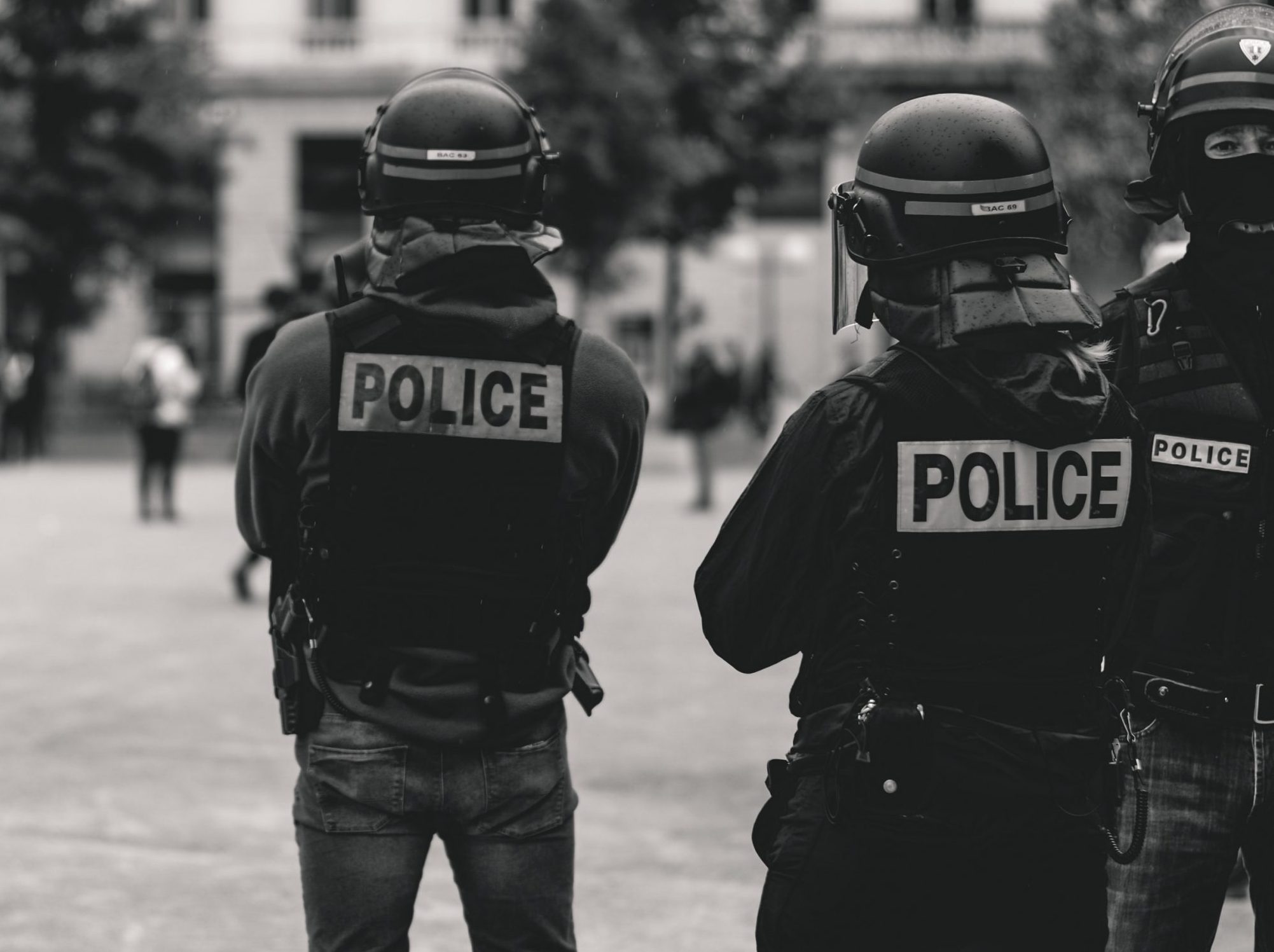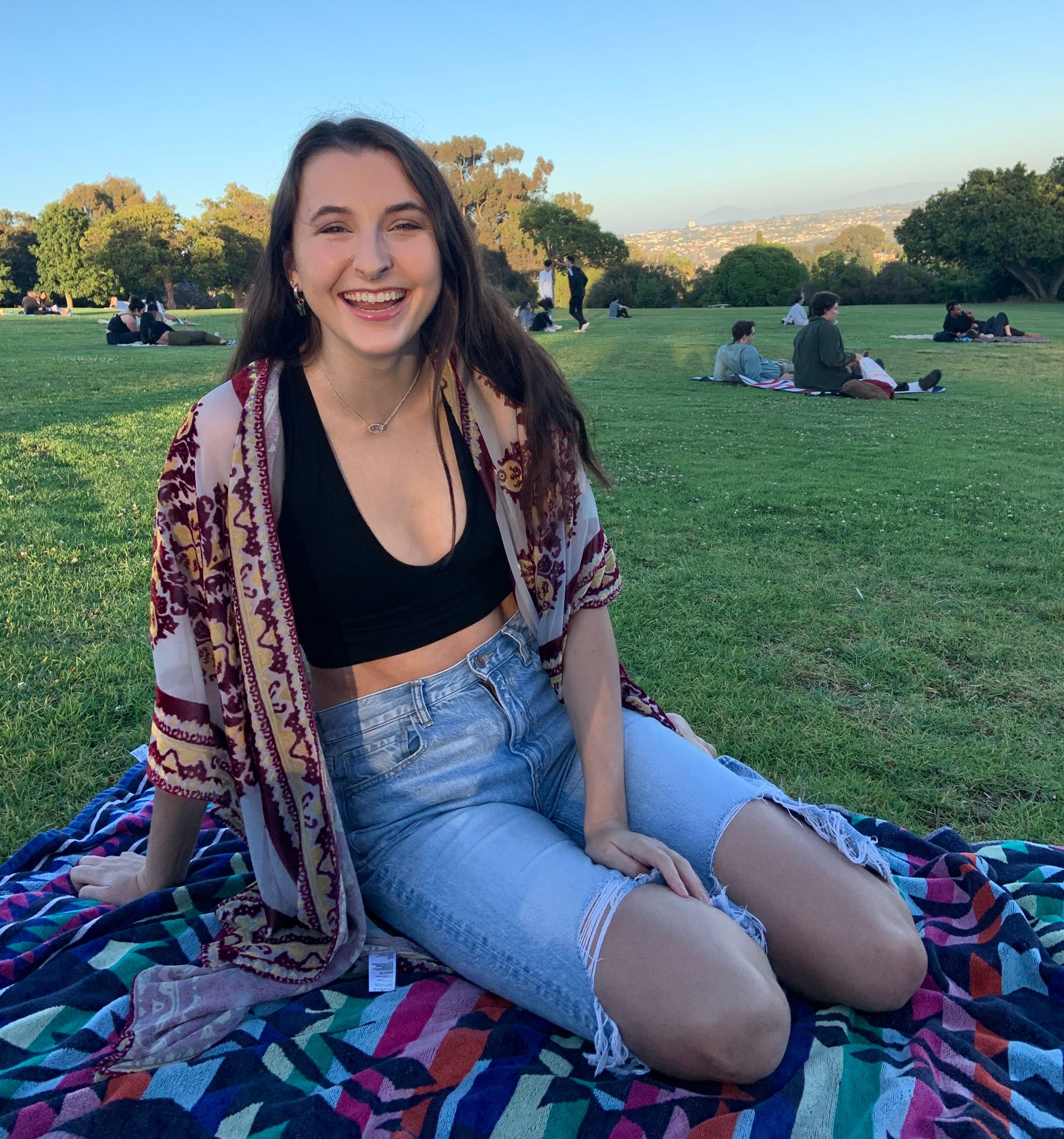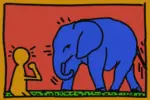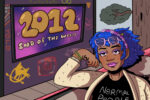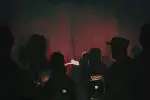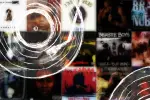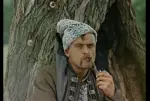Americans love to watch cop shows. There are dozens on air across a variety of networks: “Law and Order,” “Chicago: PD,” “NCIS,” “Hawaii Five-O,” “True Detective,” etc. However, each of these cop programs contribute negatively to their viewership’s understanding of how policing functions in the United States, and how BIPOC are disproportionately affected by injustice in the criminal system.
In recent months, the word “copaganda,” a combination of cop and propaganda, has gained popularity. This word helps to explain how police shows function as a form of police propaganda by either knowingly or unknowingly demonstrating false presentations of the police and justice system, particularly regarding the police’s treatment toward people of varying marginalized identities. Why is this?
“'[Law and Order:] SVU’ not only had a – basically an all-white writers’ room but overwhelmingly male,” said Rashad Robinson, an activist with Color of Change, in an interview with NPR’s Michele Martin. White men engineer cop shows and create narratives that fit with their idealized view of the police, and they fail to include the experiences of women and BIPOC with the police and the justice system.
Robinson also said, “The cop character is the most overdeveloped character on TV … and either they need to go or they need to start doing the work to actually painting a more accurate story about the justice system.”
There are countless police procedural on television, ranging from children’s shows like “Paw Patrol” to more serious shows like the “Law and Order” programs. However, these programs rarely — if at all — demonstrate the justice system truthfully. It’s far simpler to peddle a narrative in which cops are always the good guys going after the bad guys. It makes for easier watching because the viewers don’t have to wrestle with the injustice of the criminal and legal systems. They can sit back, eat their popcorn and watch the “good” cops triumph over the “bad” criminals.
A method of this onscreen oversimplification is the presentation of cops as the protagonists. For a show to have success, the audience needs to connect on some level to the protagonist. If cop shows demonstrated how questionable policing practices and the police officers themselves are, the audience would struggle or fail to connect with them as protagonists.
While “SVU” portrays “good” detectives working tirelessly to bring justice to victims of sex crimes, this is not the reality of reporting and investigating sex crimes in the United States. Organizer Mariame Kaba wrote in an essay in The New York Times, “Two-thirds of people who experience sexual violence never report it to anyone. Those who file police reports are often dissatisfied with the response.” If a victim of sexual violence files a report to the police, the odds of getting a faultless detective like Olivia Benson are slim.
In reality, the police are also not always a safe resource for victims; according to police studies, they can also be a threat of sexual violence themselves. “A study in 2010 found that sexual misconduct was the second most frequently reported form of police misconduct,” Kaba wrote. “In 2015, ‘The Buffalo News’ found that an officer was caught for sexual misconduct every five days.” Officers themselves are frequently perpetrators of sexual violence, something that “SVU” and the other cop shows fail entirely to address.
Kaba also illustrated how cop shows wrongly portray the role of police officers. She stated that they “spend most of their time responding to noise complaints, issuing parking and traffic citations, and dealing with other noncriminal issues.” The average cop is not a high-powered detective hunting down murderers and assailants.
However, that is what cop shows demonstrate; there aren’t shows about cops running around giving parking tickets or issuing noise complaints. Cop shows instead focus solely on what the audience would likely deem as more interesting aspects of police work. This creates a false idea in viewers’ heads that all police officers are out in the streets solving huge crimes, once again portraying a false image of the U.S. police system.
A huge issue across many popular cop shows is the normalization of police violence. Color of Change issued a study titled “Normalizing Injustice” that looks at the way that cop shows further misconceptions about the justice system.
The study found that a “great majority of series that represented Criminal Justice Professionals (CJPs) committing wrongful actions did so in a way that normalized them — making bad actors seem good and wrongful actions seem right. Most series depicted CJP wrongful actions as routine, harmless, necessary — or even noble — in the pursuit of justice, rather than as problematic, harmful, counterproductive or warranting judgment and accountability.” CJPs commit violence on screen that is framed as “noble” or “necessary,” which causes the audience to view police violence in a more favorable light. Since the cops are the “good” guys, their actions therefore must be similarly moral.
“Normalizing Injustice” also found that only 3.7% of onscreen wrongful actions faced any investigation. The rest were swept under the rug or simply not discussed again. The lack of investigation into the wrongful actions further establishes them as both normal and acceptable within the police force.
This normalization is particularly damaging following the murders of George Floyd, Breonna Taylor, and Tony McDade by police officers. If cop shows condition their audiences to ignore violent, wrongful actions by police officers, it could contribute to apathy toward victims of police violence.
The “good guy versus bad guy” narrative present in cop shows also contributes to this apathy. If audiences are accustomed to police officers always being the good and moral party, they may falsely believe the victims of police brutality did something to deserve wrongful violence against them.
Most glaringly, cop and crime shows either partially or completely ignore racism in policing. “Normalizing Injustice” stated, “Consistently, series depicted the standard, day-to-day practices of criminal procedure (and their outcomes) as race neutral, when in reality they are not.”
The study also found that the cop/crime show genre is “one of the least diverse in terms of the race and gender of its show runners and writers.” The creators, directors and writers of cop shows tend to be white men, leading them to depict the justice system as “race neutral” when in reality there is an incredible amount of racial bias that goes into police work.
A 2019 study found that police were more likely to pull over Black drivers and more likely to search Black or Latino drivers than White drivers, though White drivers were more likely to be carrying contraband. This issue is ignored almost entirely in cop shows and a large factor in this comes from the white-male writers rooms.
If the show runners, directors or writers of cop shows haven’t experienced the racism of policing or taken steps to educate themselves, they will likely either overlook or intentionally fail to include issues of racism in their shows. If intentional, this omission is likely to preserve the “good” status of their police officer protagonists.
Are cop shows irredeemable pieces of propaganda? At the moment, yes. If those involved with creating cop shows fail to take steps to include BIPOC voices and demonstrate the justice system with accuracy, the shows remain damaging and false narratives will continue to hinder audiences’ understanding of the systems that govern their lives. Only a complete overhaul of the way the cop and crime shows are created and the way American audiences consume them can transform the genre into something worth watching.


